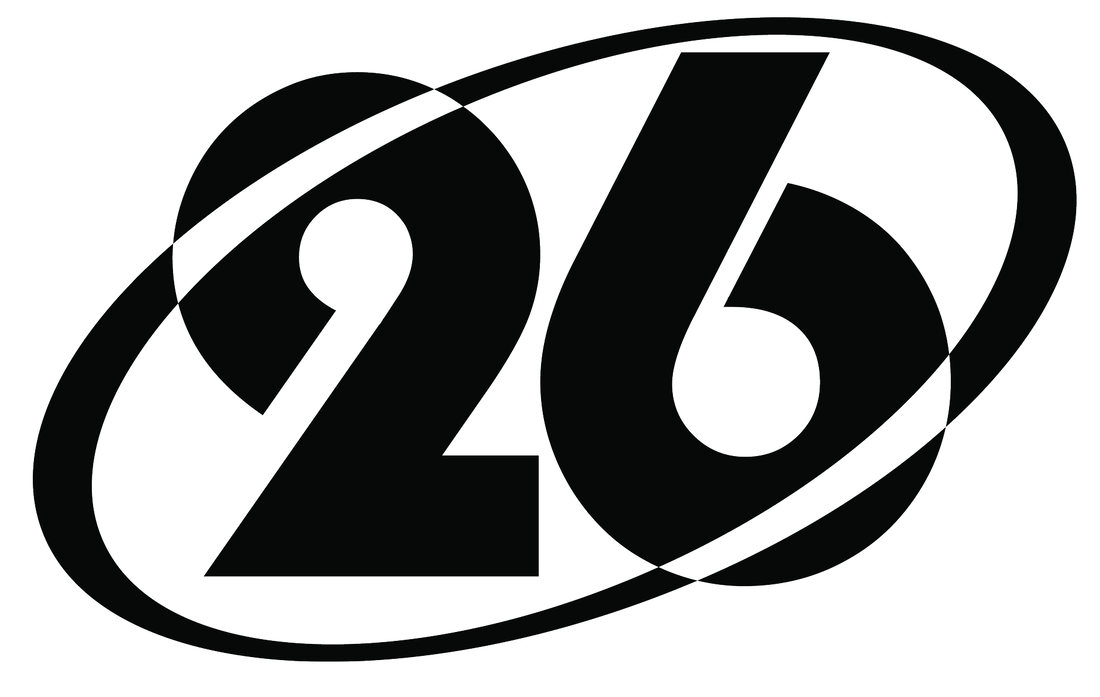|
When it comes to sport in HKG, the term “Big Fish Small Pond” is often used to dismiss athletic achievement due to its small size and low level competition. In all fairness, few HKG athletes are truly competitive on a world level despite having world level funding, facilities, and opportunities. People, therefore, think that in order to excel athletically, one must leave or never be competitive on a world level. This may be true once an athlete has reached a certain age and standard, and are being held back by their location. However, prior to that point, sticking to the small pond has its advantages and those who commit to it, and approach things the right way, prosper. Below are the reasons I believe training in HK up to University level and sometimes beyond, can be of great benefit to athletes aspiring to compete at an international level. 1. Relative deprivation - the way people judge themselves in relation to the competition and the opportunity of success. Basically, if an athlete is more competitive and gets good results, they are more likely to stay with the sport which gives them the opportunity to see what they can do long term. It also has a similar effect on parents, gaining their support due to competitive results. 2. Developmental speed - athletes develop at different rates. Often when athletes are in a less-competitive environment, they can reach full potential quicker with fewer risks of overreaching. Athletes who compete with large, competitive talent pools, can be at a major disadvantage; especially if they are late developers. One should not mistake this with not working hard or as being less committed. Instead, it is an opportunity for one to develop on their own time. 3. Facility and coach density - The density of the city provides athletes with a selection of high-level facilities, clubs, and programs nearby. As a result, there is considerable opportunity for an athlete to find a good coach and to train with a group of like-minded athletes. Additionally, because the talent pool is smaller, the athletes will receive more attention from a coach. Such is contrary to bigger pools of athletes who tend to receive very little attention and are more likely to be coached by somebody with fewer skills. 4. Funding and cost - for a city that doesn’t consider sport a priority, there is a high level of funding available to athletes. The results needed to access this funding are not overly challenging, and in some cases too easy. The longevity of an athletes career often depends on long term results and fulfilling their potential, which can only be achieved if they can afford to stay in the sport. 5. Multi sport focus - Generally, talented athletes are often good at several similar sports (e.g. triathlon and swimming or running). Environments like Hong Kong provide young athletes with a platform to partake in multi sports for longer periods of time before specialising in a specific sport, mainly because there is less pressure to do so. Athletes can excel in all of their chosen sports up to a certain level and realise the benefits to be had from the overlap. 6. Competitive mindset and toughness - These are key traits that must be learned to compete at an international level. Although it can be argued, this is taught in more competitive, overseas, environments, I would say they are better developed inline with an athletes fitness and skill level. As long as HKG based athletes are trained to be tough during training and racing, they will be ready for international competition when the time comes. 7. National Representation - Without a doubt, it is much easier to represent Hong Kong at an international level than it is in many other nations. Such can open a variety of doors to an athlete, including the opportunity to attend top-level schools and universities, and can also look impressive to future employers. Many HK athletes have attended Olympic games via more accessible qualification routes. From my experience, many athletes have and will keep benefiting from the “Small Pond” environment in Hong Kong. If they had moved overseas, there is a good chance they wouldn’t have pursued their sport to the level they are at and would not have realised their potential. As an athlete, it’s important to take advantage where you can and work toward long term results. For the majority of people its more likely they will reach their full potential and have a positive impact on their career. However, it is not all plain sailing and there are still many barriers to training and competing in and for Hong Kong. For example, if national federations and head coaches do not do their part in being fair and transparent, it is pointless even being involved in competitive sport at all. With an inkling of hope i’d say things are slowly getting better on this front.
0 Comments
Over the weekend I watched the Rayong ITU Asian Cup event in Thailand. It was great to see athletes of all abilities attending, some of whom had never raced at this level before. It was also sad knowing other athletes could have benefited greatly from the opportunity but were not afforded one, even on a self-funded basis. In my opinion its essential to get athletes into these types of event as early as the ITU permits especially if the athlete is dominant in their local events or in the case of many, do not have a competitive race series at home at all.
Within an athletes first year of racing (assuming they have progressed correctly), I recommend doing at least 6 sprint distance events. In an ideal world, I would choose two at their current fitness level so they are competitive, 2 below their level so they excel, and 2 above their level so they get beaten. This is advantageous for several reasons
I hope National federations in Asia strive to put their athletes development first and politics second. Come up with fair selection criteria and make the criteria available for all to see. At the end of the day anyone doing well will be representing their country, and the system/governance in place will be credited for the result. With a new school year underway, I’d like to share some practical advice about balancing school, training and exams. I completed my A-Levels in June this year (2018) whilst training 20 hours per week and undertaking a full race schedule. Between March and July I competed in six international triathlon union (ITU) races, two of which coincided with exams. I set two clear goals which provided the necessary motivation to undertake this difficult task. Goal 1. Achieve a minimum of A*AA in my exams that would gain me a place at Loughborough University to study Engineering Goal 2. Win the Junior Asian Champs and score valuable qualification points towards the Tokyo 2020 Olympics Here are my top tips on how to get your study and training done and to keep your passion at an optimal level.
Sleep and Nutrition In order to recover well and have enough mental and physical energy, nutrition and sleep are essential. In my most intense week I had 6 exams in the span of 4 days and still managed to put in over 20 hours of training. I prioritised 7-8 hrs sleep every night by running a strict school, revision, and training schedule. Nutrition was also a priority with the aim of starting each session in the best possible condition, ensuring I didn’t fatigue. Planning the right types of food for before, during and after each training helped with this. Keeping it simple and discussing the strategy with my coach gave me peace of mind. Team Work Throughout this whole experience I was extremely thankful for the support of my family and coach. They worked together throughout my 2 years of A-levels. One such example was their communication when it came to holiday time. Ensuring I could spend time with family in a location and at a time where training could still take place was often discussed. Knowing I had them there as a safety net gave me the belief I could get everything done and achieve my goals. My recommendation is to work with people that you believe in, are as driven as you, and have experience in getting the job done. Goal Setting My two major goals mentioned above were devised using the “SMART" acronym. Specific, Measurable, Achievable, Realistic, Timely. These goals were always in the back of my mind and focused on during tough times. Writing your goals down and having them somewhere visible (e.g above your desk) can help. However, on a day to day basis I focused on enjoying the process and all the benefits competitive sport and education have to offer.
To conclude: after a busy and nerve racking wait, my exam results came through as A*A*AB in Physics, Maths, Further Maths and Economics respectively. I managed to keep up my training to defend my Asian Junior Champs title and followed up with a 6th place at the World Junior Champs . My University places have been successfully deferred and I am on track with my Tokyo 2020 qualification.
I hope my advice has been helpful or inspiring. I suggest giving it your all. Remember there are no short cuts to anywhere worth going. 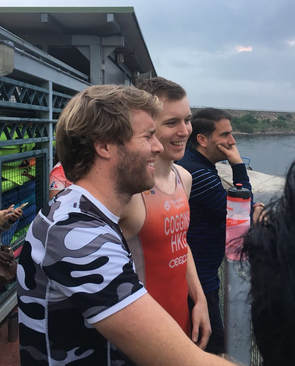 It was more relief than elation. A second Asian Junior Champs win in a row for Oscar and third for me as coach. Although yesterday was a tiring and stressful day, this morning I woke up with a smile on my face. A thought came to mind - victory is twice as sweet when nobody wants you to have it. I generally don't like to write too much about these races in fear of being judged by overseas peers. Yes Asia is weaker for some sports and in theory should be easier to get results. However getting athletes involved in sports such as triathlon, to train up to a high level and then deal with the political gauntlet of getting them onto the start line is mentally and physically draining for both athlete and coach. So when a result like this comes to fruition it's definitely worth a quick blog. On race day Oscar was a marked man that everyone wanted to beat. He couldn't do much on an easy course apart from play defensive and me getting his taper a bit wrong also didn't do him any favours. The great result in Subic Bay two weeks prior was a lot more draining than I realised and I should have backed off the training load much more, a lot earlier than I did. During the race he looked awful, he said he felt awful. Knowing everybody watching wants you beat adds to the stress and needing a result to justify missing school heading into A level exams added to the bombshell of pressures that detonated on race morning. Two years ago at Asian Champs Oscar crashed out when he was favorite to win, something that still weighs on his mind in this particular race. However his resilience, determination, will power and just fantastic intelligence weathered the storm. He covered every gap and made every decision correctly based on the race situation that played out in front of him. Watching him deal with the build up, the race and show such great sportsmanship on every level makes me confident he has what it takes. Standing there watching him struggle reminded me of a conversation I once had with a great coach. He said, “great athletes have a way of getting things done regardless of the conditions, the cream always rises to the top" If any of my athletes are reading this I challenge you to step up and get after it. Everything you need is staring you in the face, it's up to you if you stare back or get to work and make it happen. Gordon was born and grew up in Hong Kong. He started swimming with Harry Wright International at the age of 10, and is still going strong. Growing up his main event was the 200m Backstroke, but he occasionally raced in the 1500m Free. In his younger years, Open Water Swimming was more of a social scene for Gordon, mostly racing in the Clean Half relay and the Revolution Asia races. He took the leap over to distance swimming when he moved to Ellesmere College in September 2015 to train under Alan Bircher (Open Water World & European silver medallist). Nine months after the move he was selected to represent Great Britain at the World Juniors Open Water Championships in the Netherlands. English Channel Record Holder Trent Grimsy drafting Gordon during the Clean Half 2013 Q: What influenced your decision to move from the pool to OWS? I’ve always had quite efficient stroke technique, and a reasonably quick 1500m time. When I moved to Ellesmere College to train with Alan Bircher, a World and European 10km silver medalist, the transition was only natural. It was early 2016, with the GB Open Water trials coming up in June and a possible spot on the World Junior squad it was a no brainer. It was at the 2016 World Junior Championships that I fell in love with the sport and have since been selected for the Junior squad for two European Junior Championships, two European (LEN) Cup legs, and two smaller competitions in Maderia, Portugal and Mallorca, Spain. Q: Is there a difference in terms of team bonding in a distance/OWS team? I would say that for the majority of my swimming career I have been a distance swimmer. I can say from experience there is nothing harder than witnessing your coach writing up on the white board - 5km max time trial for the distance swimmers, next to a 16 X 50m set for the sprinters. Yet ironically, this only brings the Distance group closer together as we quite literally go through hell together. It is for this reason that I think on all the camps and teams I have been on with British Swimming the atmosphere is very relaxed, because everyone knows that no matter what, we will get the job done. Q: What do you want people to know about Open Water Swimming? There is a lot of stigma around Open Water Swimming, often generated by pool swimmers! Unfortunately OWS can be looked down upon and seen as ‘failed’ pool swimmers looking for an easy option. This is due to two main reasons; lack of publicity and a small ‘pool’ of professional athletes. In my opinion, I think it takes a very special type of athlete to train the marathon distance. An athlete who is able to put their mind and body on the line for two hours straight and race through the toughest of conditions. It is a misunderstood sport. However as it grows in popularity people are starting to see it as an event that puts a unique twist on swimming. Whilst in its own right it is just as complex and as hard to train and race for as traditional pool swimming. Q: What would a typical training week look like for you? Balancing full time education with 18 hours of training a week is pretty standard for all aspiring athletes around the world. I was averaging 55-65km per week, and as a Distance/Open Water swimmer the majority of the work was pull. Sometimes totaling 8km of max effort pull in one day. The task of fitting in 9 pool sessions, 4 land based conditioning sessions per week, whilst somehow managing to keep your grades high can be very challenging. This extreme form of character building however was what it took for me to qualify for my first World Juniors. Yet for me that was only the first step, and hopefully moving back and swimming with Harry Wright International this November will allow me to progress further. Gordon racing the LEN Junior 10km in Maderia, Portugal, 2017 Q: What are the main training aspects that you look for as an athlete when deciding where to train? Every program is different, and for good reason too, as every coach and athlete is different, whether that be personality or training requirements. This is why for me the relationship with your coach is the most important. There needs to be a certain amount of ‘friendship’ as you will be seeing each other an awful lot, but more importantly a sense of mutual respect and the willingness to learn together is key! At the end of the day it is not about the facility it is about how you use it. Q: How do you think Hong Kong can attract or encourage more Open Water Swimmers? Hong Kong has some incredible scenery, and in some places amazingly clear water. I do think it is a shame that there aren’t more races that take advantage of what Hong Kong has to offer for the sport. Ultimately, it is down to increasing publicity and adapting races to become more spectator friendly. Races are exciting to watch if people have the access. For example I have seen very little advertising for the upcoming FINA OWS World Cup leg on 15th October, which is unfortunate as many of the worlds top swimmers will be here. Q: I'm a pool swimmer joining my first Open Water race, what valuable advice can you give me? It’s very cliché, but with Open Water swimming, especially as you start to do the longer distances, you have to enjoy it! If possible I would suggest making it a challenge amongst family and friends by doing an iconic race like the New World Harbour Race, or if you’re feeling brave the 15km Clean Half team Relay! Then if you enjoyed it, get out there and race! Like any sport it’s about finding the balance between a realistic feat, and also a challenge that will push you out of your comfort zone. The more fun you keep your training, the more enjoyable it will be! Q: Most important question - have you ever seen a shark? I wish! It would have made swim faster! Gordon has been back in Hong Kong for the last few weeks, training with his old swim squad, and joining our adult AM OWS sessions at Repulse Bay. This video shows the great relaxed attitude that he brings to all his sessions - don't be fooled, when it's time to work Gordon can really put the hammer down. He can go 10km in under 2 hours!
|

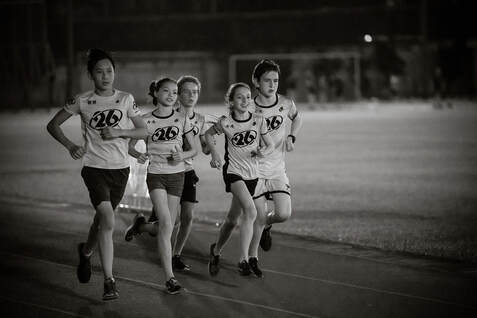
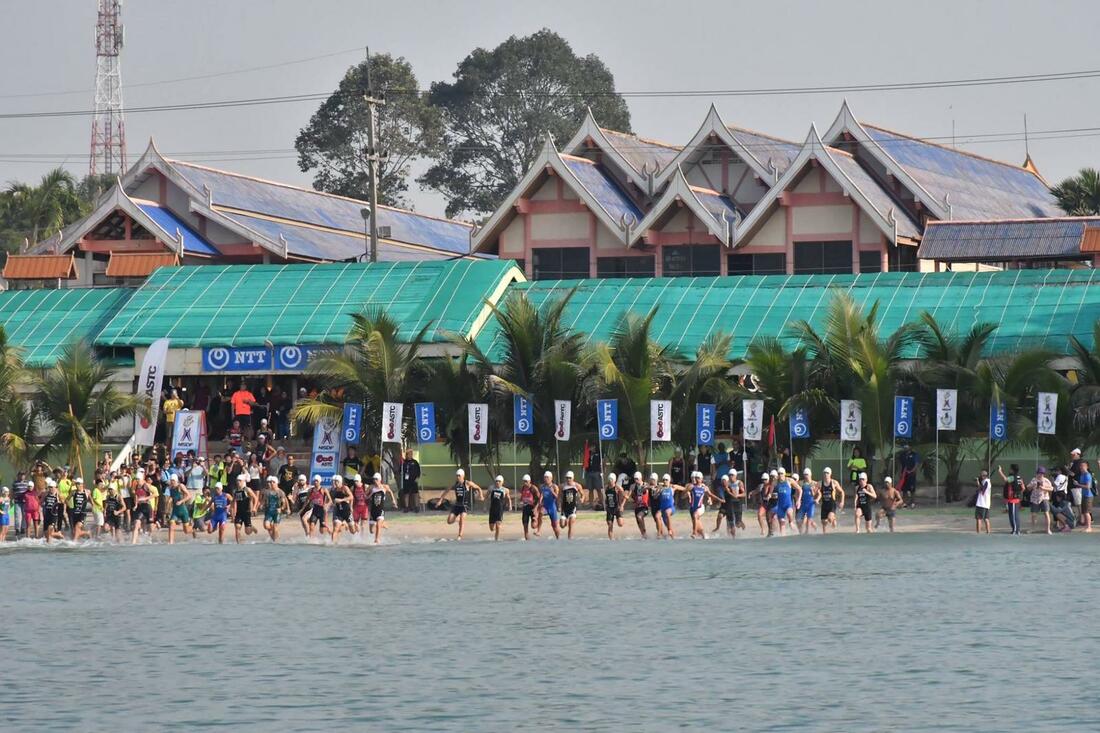
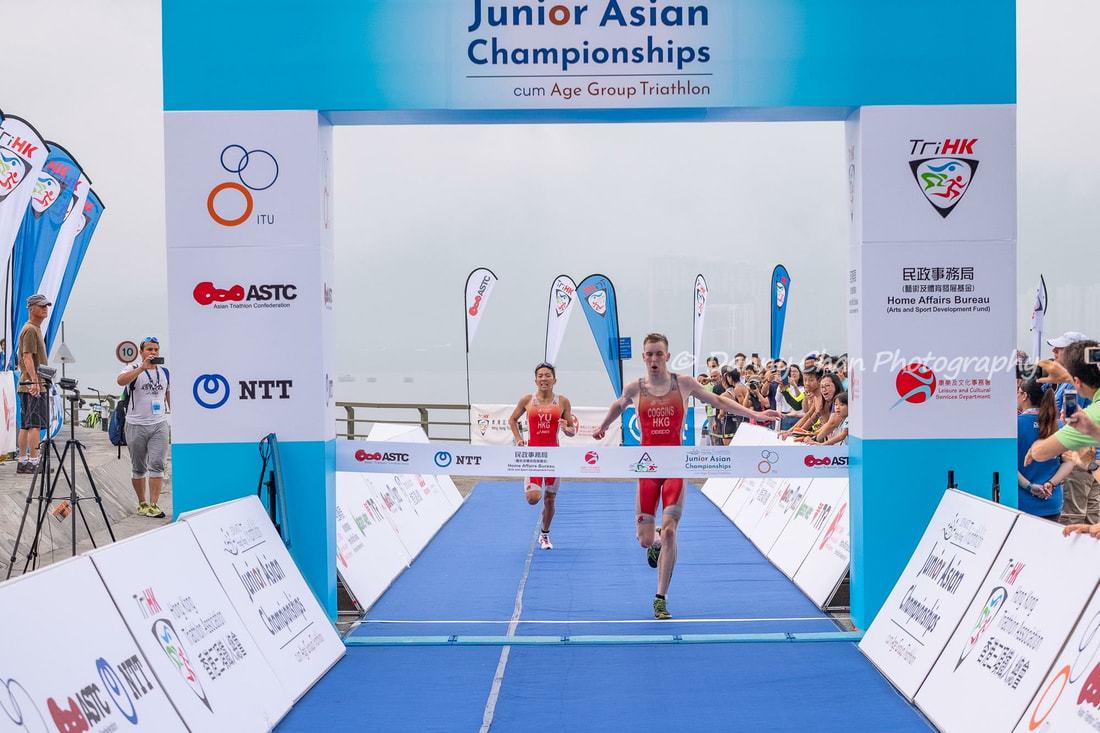
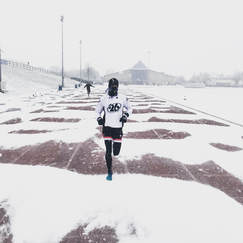
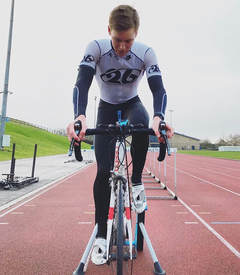
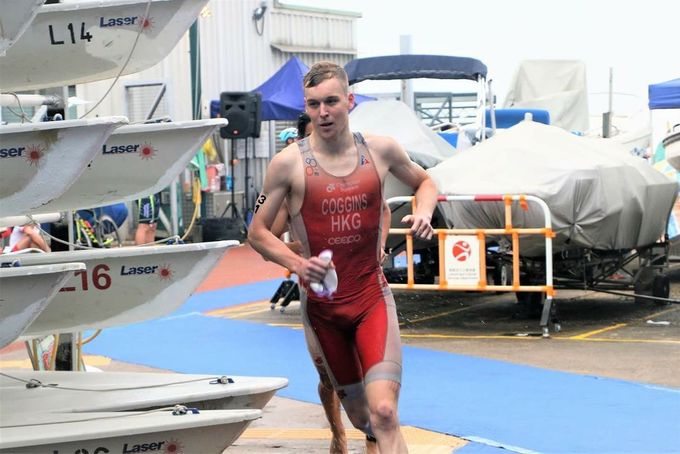
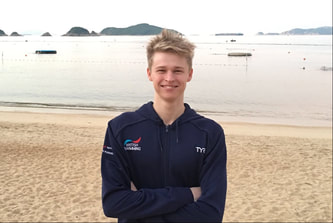
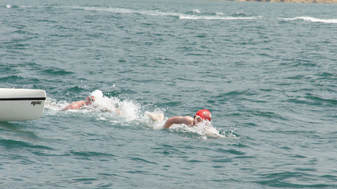
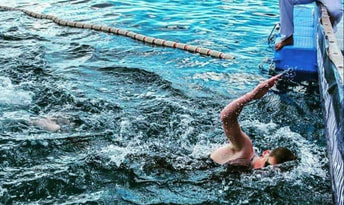
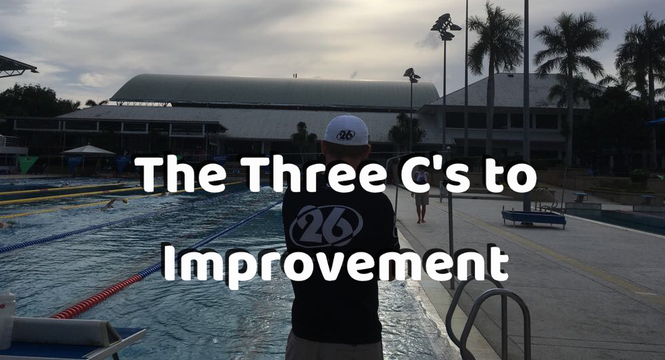
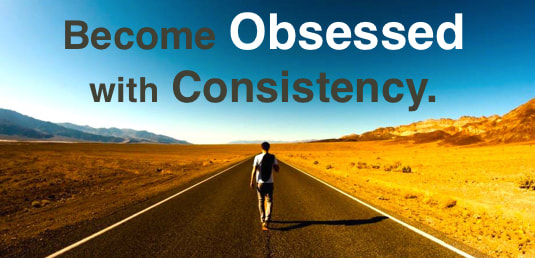
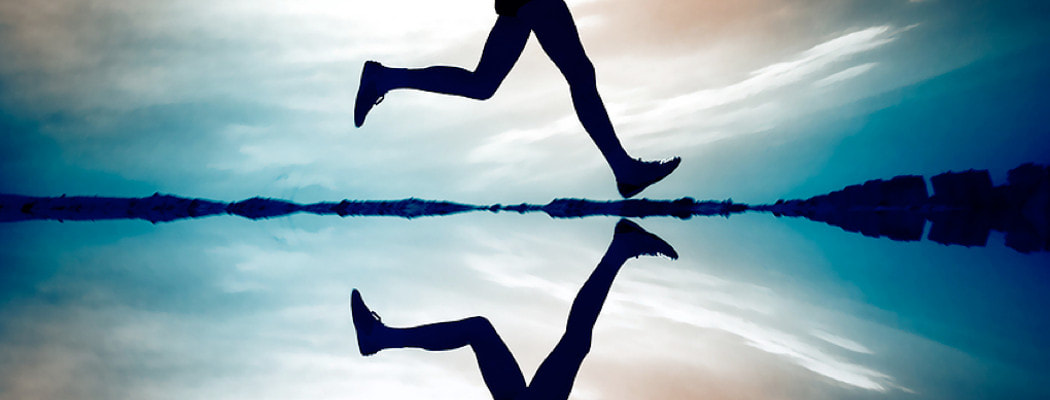
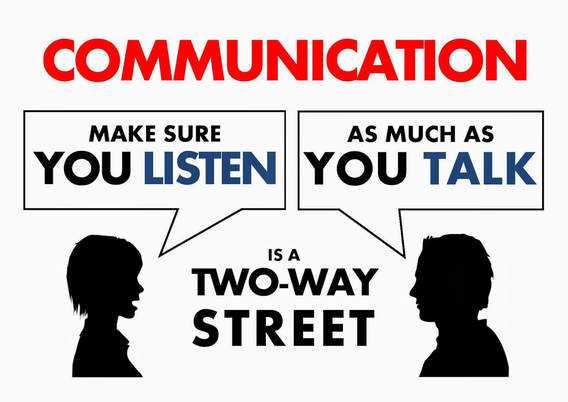

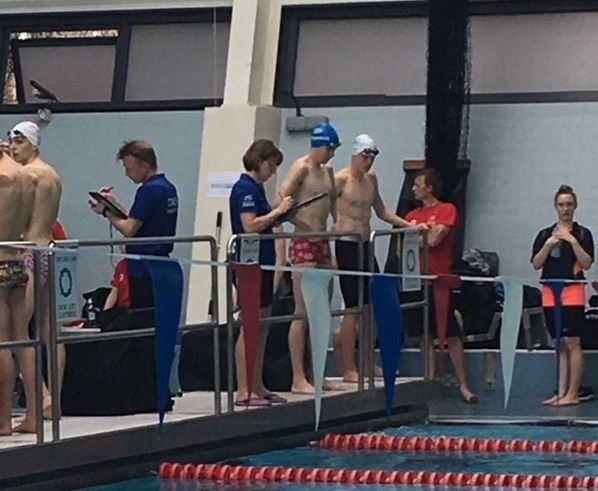
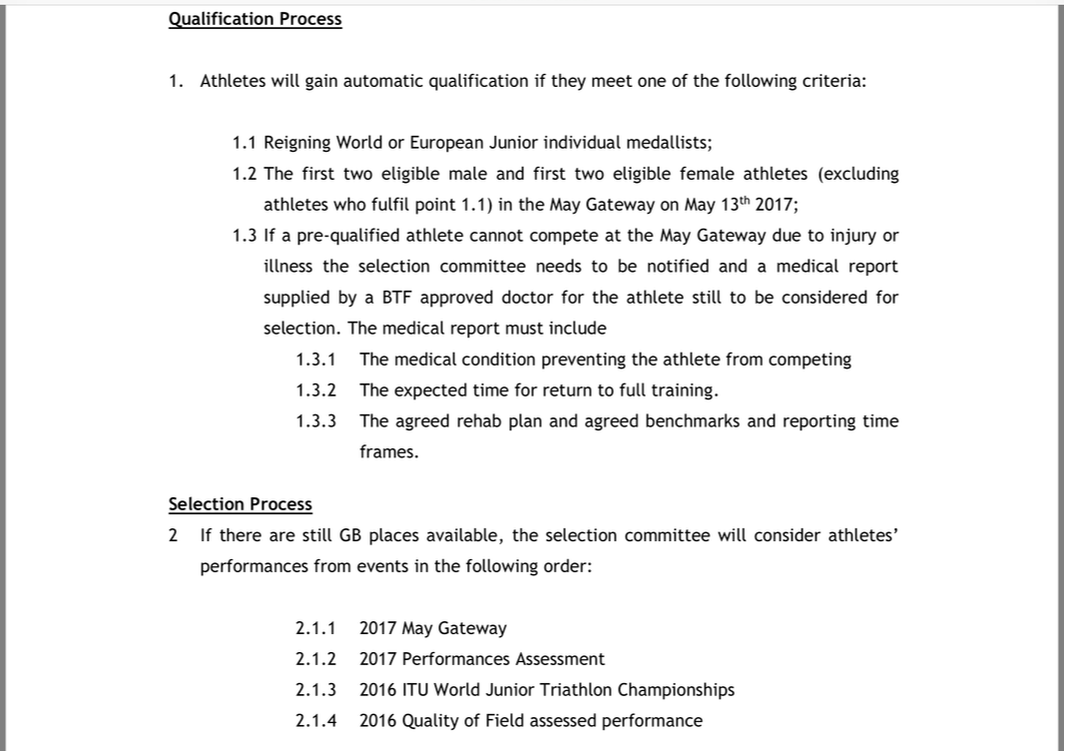
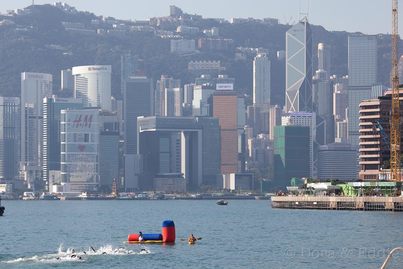
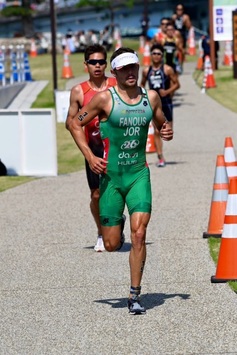
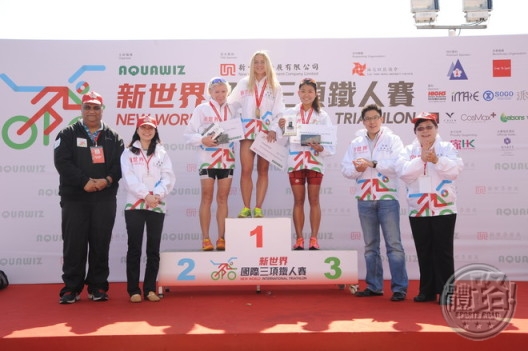
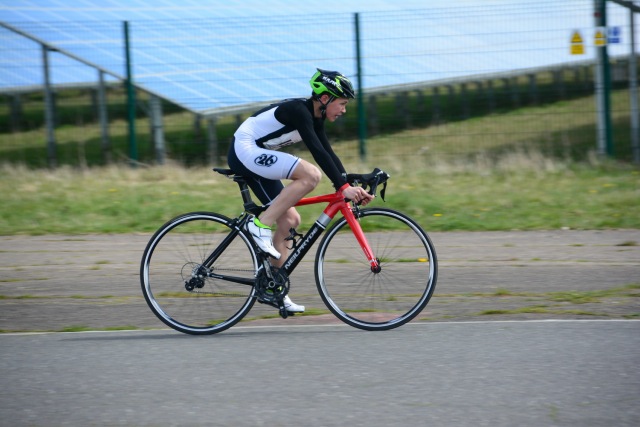
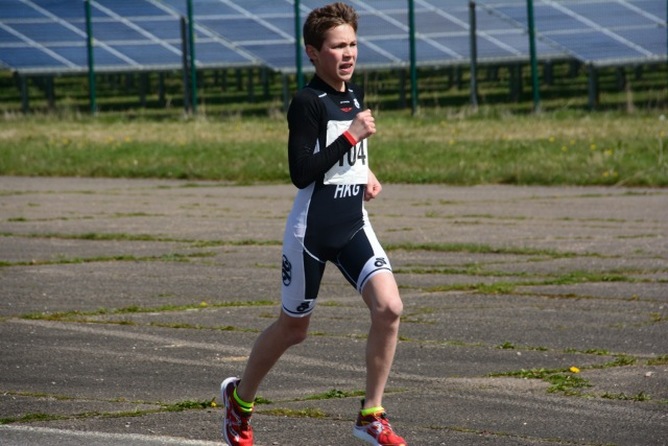
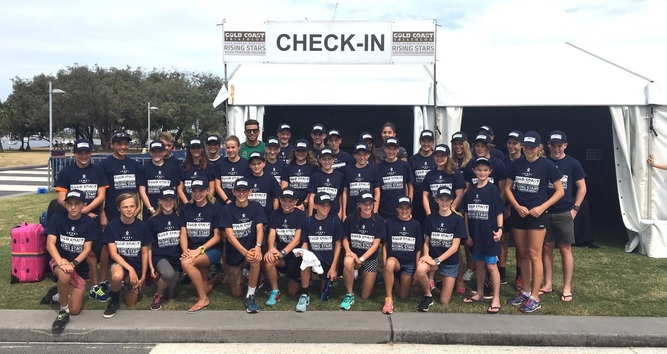
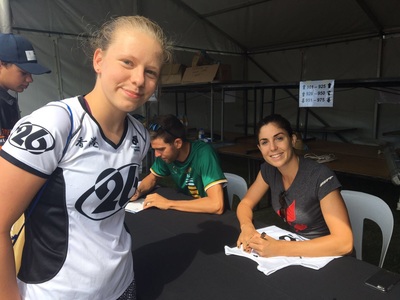
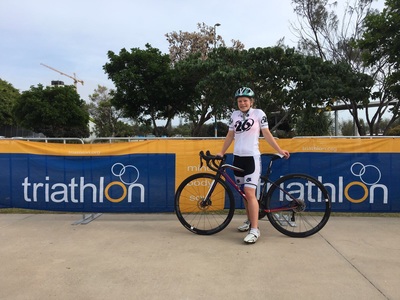
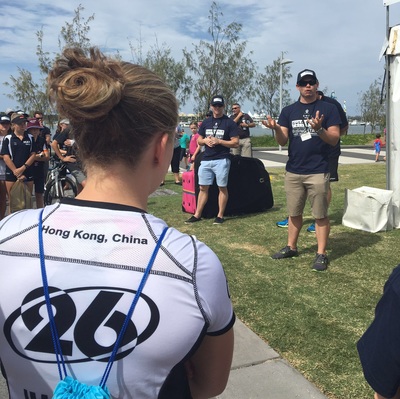
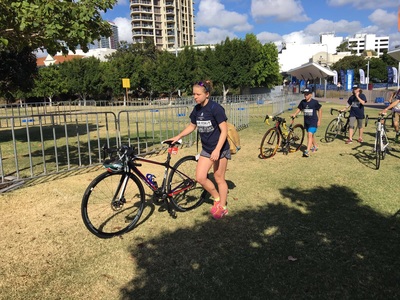
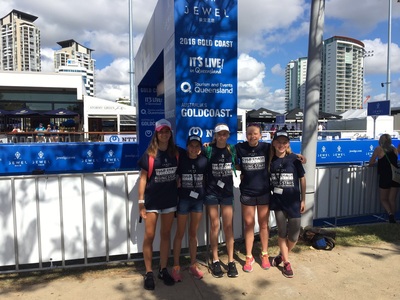
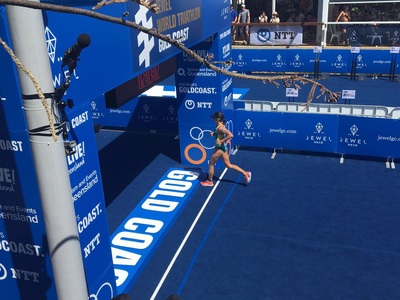
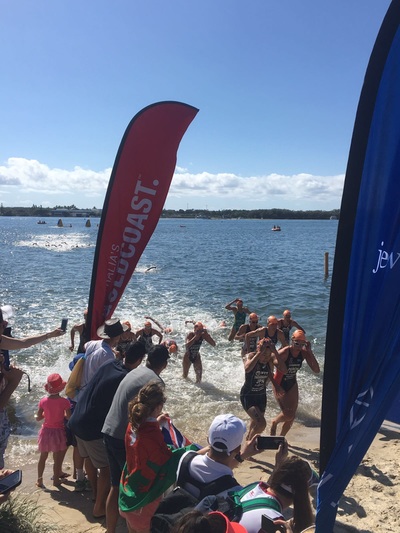
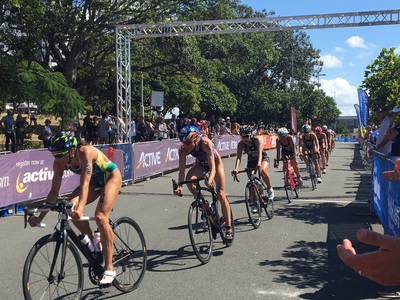
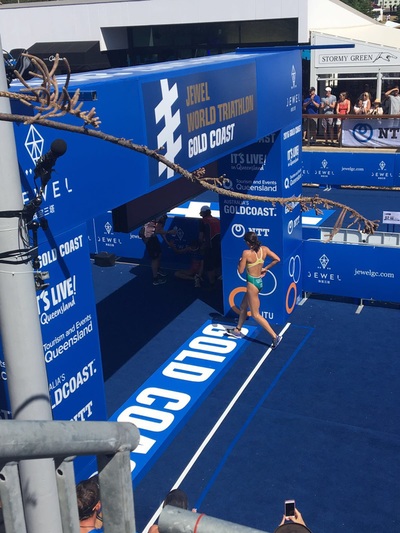
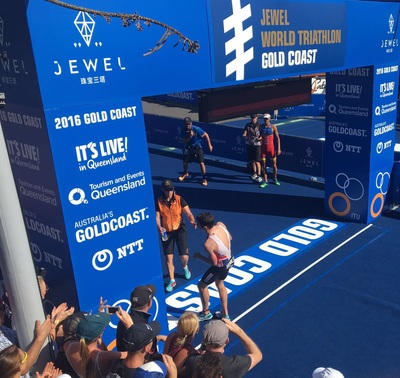
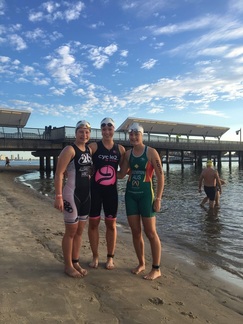
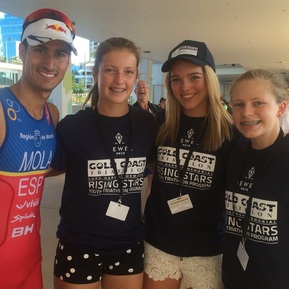
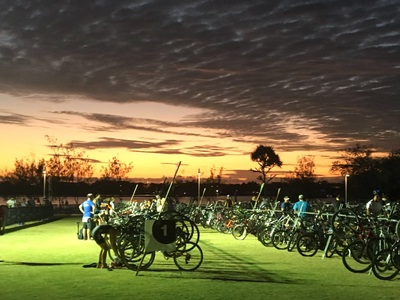
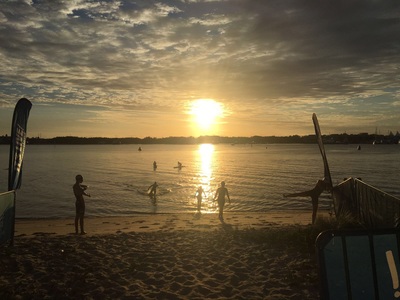
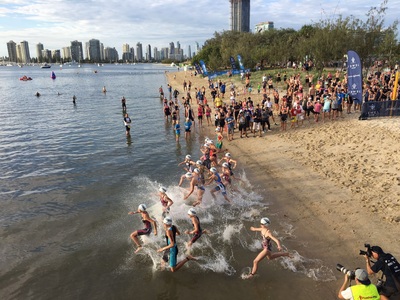
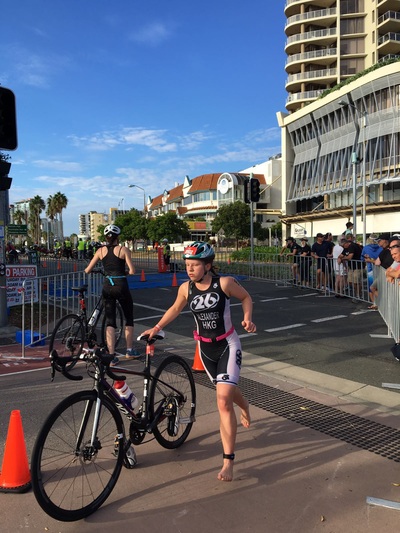
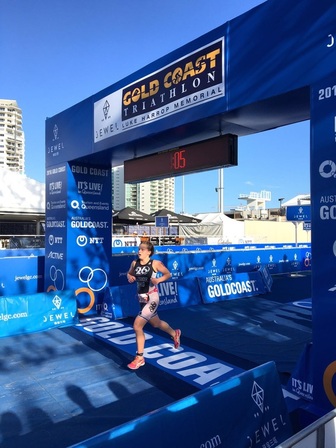

 RSS Feed
RSS Feed
